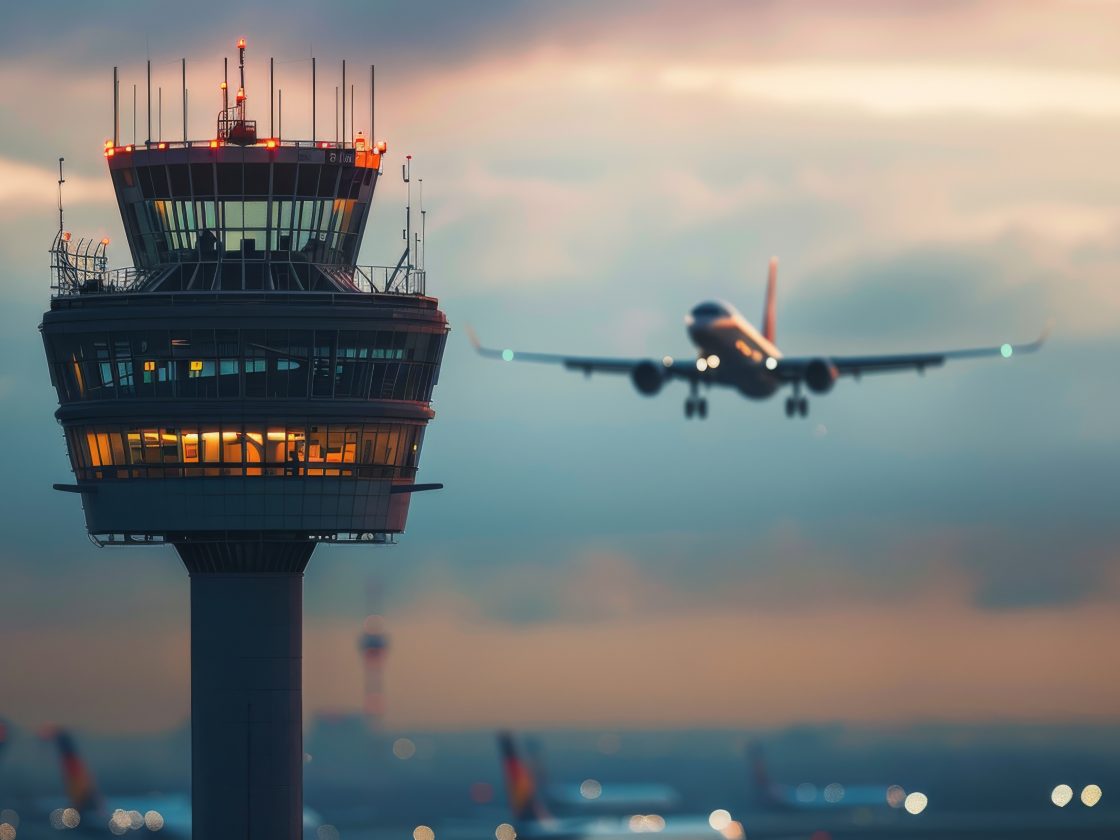Expert: Government Shutdown Compounds Risks in Strained Air Traffic Control System
As the ongoing government shutdown forces air traffic controllers (ATC) to work without pay while managing understaffed operations, Syracuse University aviation safety expert Kivanc Avrenli says that the situation compounds risks in an already vulnerable system.
Professor Avrenli is available for interviews and shared some thoughts on the current situation.
The Human Factor in Air Traffic Safety
“Tragic air accidents in the United States have long underscored the risks that come with air traffic control errors,” says Avrenli. “One of the most infamous was the LAX runway collision on Feb. 1, 1991, when a SkyWest commuter plane was mistakenly cleared to taxi onto an active runway just as a USAir DC-9 was landing, killing 35 people.
“More recently, the midair collision on Jan. 29, 2025, over the Potomac River involved an American Eagle CRJ700 and a U.S. Army Black Hawk helicopter. For reasons still unclear, a single controller was responsible for managing both helicopter and commercial runway traffic, which are normally split between two people. The result was catastrophic, leaving 67 dead.”
A System Under Strain
“These events point to a deeper problem: An overstretched, aging ATC system that depends on human precision under relentless pressure,” Avrenli says. “When controllers are overworked, short on rest and forced to juggle too many responsibilities with outdated equipment, even a brief lapse can prove deadly. The ongoing U.S. government shutdown has only worsened the strain, with many controllers working without pay and with fewer staff, a dangerous combination for a system where every second and every instruction matters.”




